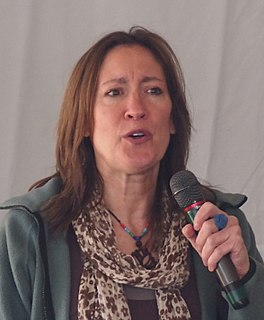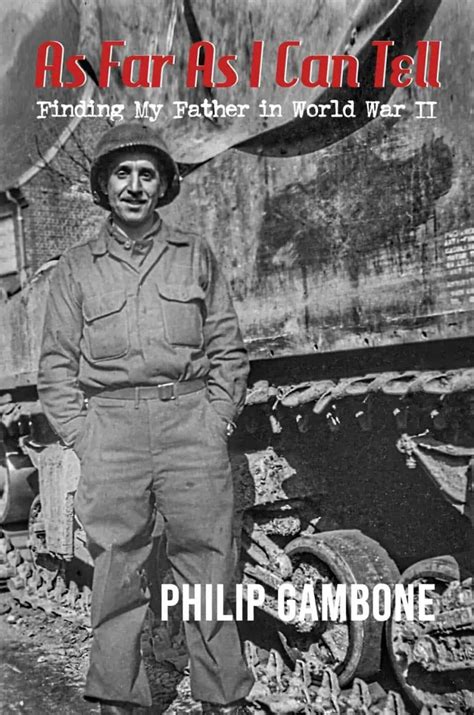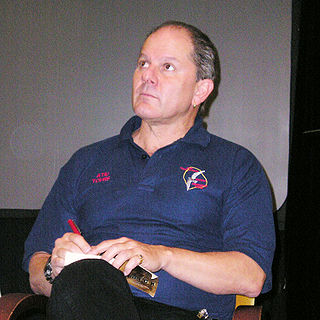A Quote by Vito Acconci
Especially once those poetry events began, because, yeah, the stuff was still on the page, but the page was starting to spill into real space, spill into air, once you could hear it, once there was a typewriter, once there was a body of a typist, it was getting rid of the confines of the page.
Related Quotes
My first pieces, in an art context, were ways to get myself off the page and into real space. These photographic pieces were ways to, literally, throw myself into my environment. They were photographs not of an activity, but through an activity; the activity (once I planted a camera in the instrument of that activity - once I, simply, held a camera in my hands) could produce a picture.
Writing the first draft of a new story is incredibly difficult for me. I will happily do revisions, because once I can see the words on the page, I can go about ripping them up and moving scenes around. A blank page, though? Terrifying. I'm always angsty when I'm working my way through a first draft.
Every page was once a blank page, just as every word that appears on it now was not always there, but instead reflects the final result of countless large and small deliberations. All the elements of good writing depend on the writer's skill in choosing one word instead of another. And what grabs and keeps our interest has everything to do with those choices.
The writer marks the changes he wants to make, while a proofreader also goes through the galley, checking it page-by-page against the manuscript. Once all these changes are identified, a second-pass proof is made, and this, too, gets sent to the author and the proofreader, and the process begins anew.
Mo Willems was so helpful. I had met him a number of times, and I knew from his books how funny he was, of course, but it was really neat to be able to have his feedback. He's so great with comic timing. Working with him was like taking a master class in comic timing, because he could pinpoint right away if a section wasn't working. I remember him saying once, "No, you need a beat between this page and this page," and it was like, oh yeah, of course. I hadn't seen it, but being so good at what he does, Mo noticed it right away.
For more than thirty years, Joe Eck and Wayne Winterrowd have been gardening with extraordinary, indeed legendary, results. Part memoir, part omnium-gatherum of horticultural wisdom and practical advice, Our Life in Gardens is at once literate, learned, sensible, and, often, sheer luscious poetry. There are delights to be sampled on every page. From a cultivated life, they have brought forth, once again, a cultivated book.







































